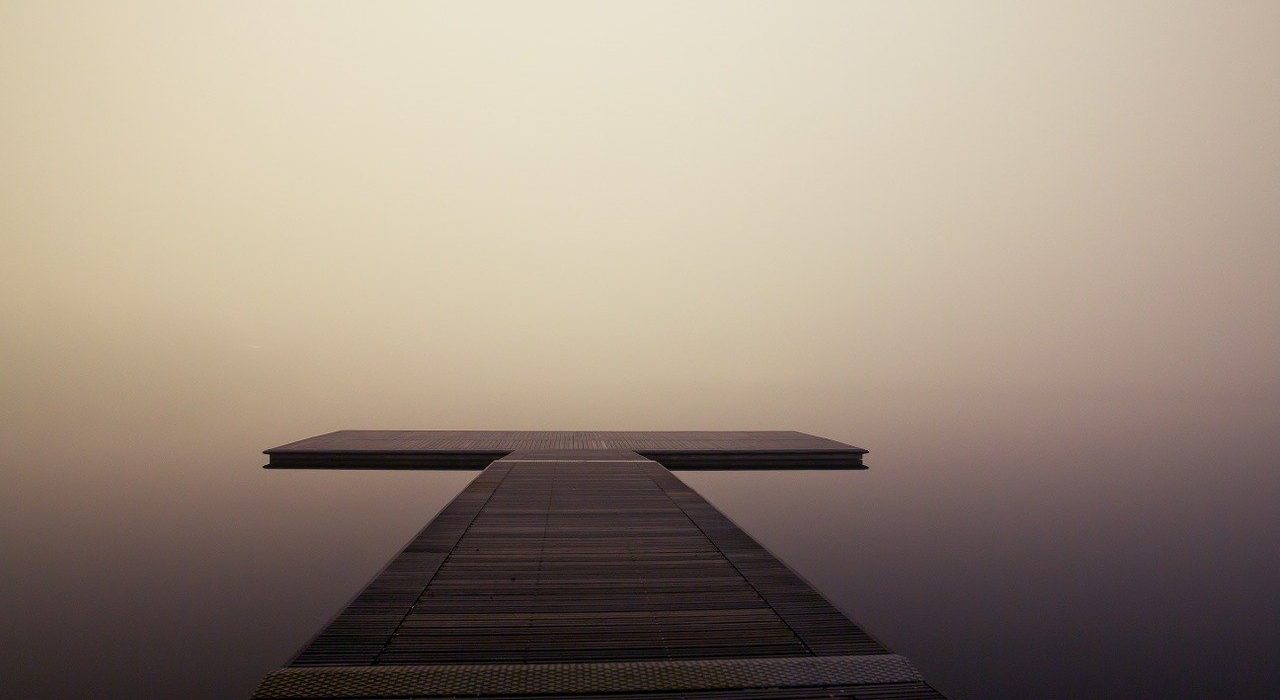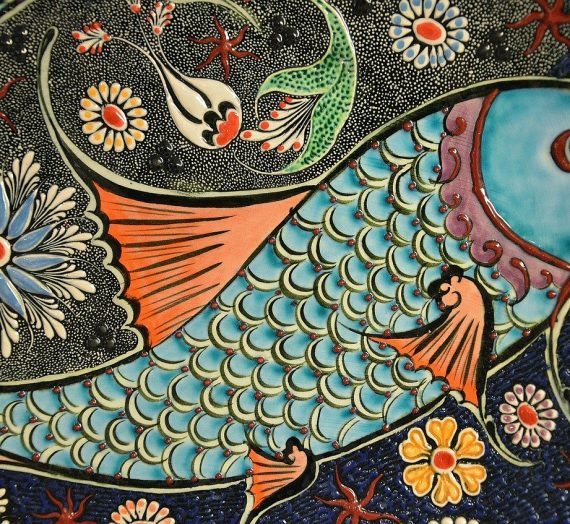There are few things in life that are as relaxing as sitting on the edge of rolling waves on a warm Mediterranean beach one evening, taking a slow walk through an orchard in summer or picking berries and mushrooms in a lush green forest of Estonia.
We know that these things relax us, we just don’t always have the time to pursue them. We also know that science has proven that nature has a calming effect through tests where measurable factors such as blood pressure and pulse have been proven; what is much more difficult to measure and be sure about is the why and how.

Dr. Simon Bell, a professor at the Estonian University of Environmental Sciences, has researched the effects of nature on our health for many years. He agrees that there is a clear link, but he can only theorise if you ask him why. “We have evidence that being closer to nature makes us more relaxed, this is based on physiological factors, i.e. things we can measure. So we know that it works, but we don’t really know how,” Bell said.
This leaves us with the task of looking at the data and vaguely relating it to the conditions in which it was collected or making guesses about what it might be in the conditions that lowered the pulse and blood pressure.
In the following you will find a list of 5 reasons why people think that nature relieves stress. They are based on the circumstances and physiological data.
Color
Most people would agree that color has an effect on our mood and feelings. We use red to signify danger, something we have inherited from nature, and we know that blue and green tones can have a calming effect. “It could be as simple as color,” Bell begins, “because colors that are most common in nature, green, blue, and various shades of brown are unquestionably more soothing.”

Leslie Harrington, the director of the Association of Colors in the United States, agrees: “You also have an innate reaction to color. For example, when you see red, your heart rate goes up. It’s a stimulating color. Physiologically, blue is the opposite of red – it lowers blood pressure and blue calms you down but does not bring you to depression levels,” Harrington told the Huffington Post. “There is preliminary evidence to show that green has a restorative effect because it is associated with growth and nature.
Nature is less stressful
The city stimulates, but nature expects very little from our senses. We can interact with nature as intended, Dr. Bell thinks that as a species we have not yet become accustomed to life in the city. He says: “The city demands that you pay attention, you are forced to internalize the environment, but we have evolved from nature and we are still not so good at interacting with the man-made world.” The importance of switching off is central here, something that is very difficult to do in the city, but nature allows you to get to this point with much less effort. It’s important to feel small.
As human beings we can live our lives entirely without connection to the nature we inhabit. We tend to become separated from nature and our place within its fine balance. “Sometimes it is very important for us as humans to feel small, to feel part of something much bigger than ourselves and to feel our busy lives,” says Bell. “To be one with nature, the universe, is impressive and ultimately relaxing.
He also believes that anyone can reap the benefits, but you can’t do it from a distance: “To get the most from nature, you have to be in the middle of it, but it’s worth going to a place that’s not so popular because the more people there are, the smaller the calming effect”.
Getting there is just as important
Very few people are happy enough to live in or near remote natural areas, so the majority of us have to travel to these places, whether they are a few hundred meters or several thousand miles away. This journey, and more importantly, the completion of it, could be another indication of the relaxing effects of nature. A study commissioned by world travel specialists Kuoni has found that people feel happier, less stressed and better rested after a trip, and this effect can last for months. This, combined with a peaceful, natural environment, can have profound effects, considering that the traveller gets all the benefits of his destination.

Something in the air
Clean, unpolluted air is not exactly difficult to market and the advantages are obvious. However, when the air is good, other factors come into play and what the air contains can be even more beneficial than we first thought. “The air we breathe in a natural environment could be fundamental to lower blood pressure and heart rate,” Bell continued, “Chemicals from spruce can help, these are phytoncides, airborne chemicals that protect against insects; sea air is full of negative ions that increase the body’s ability to absorb oxygen and significantly balance serotonin levels.
Nature seems to relax us and although those who explore this area cannot present the reasons as facts, there is enough different research on the subject, which allows us to put together a fairly accurate theory. One is far from fully understanding the mysteries of nature and its benefits, but everyone should take time to try it out, it could really do you good.



